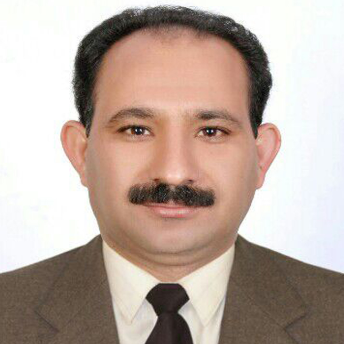
Abbas Hanon. Alasadi
Work place: Computer Science Department, Science College, Basrah University, Basrah, Iraq
E-mail: Abbashh2002@yahoo.com
Website:
Research Interests: Image Compression, Image Manipulation, Image Processing, Information Retrieval, Multimedia Information System
Biography
Abbas H. Hassin Alasadi is Assistant Professor and Postgraduate Program Coordinator of the Department of Computer Science at Basrah University. He received his PhD degree from School of Engineering and Computer Science / Harbin Institute of Technology, China. He spent more than ten years as Assistant Professor at different Universities abroad the current position. His research interests include Medical Image processing, Biometrics, Information retrieval, and Human-computer interaction. His research work have been published in various international journals and conferences.
Dr. Abbas is an active reviewer in many journals of the areas of computer science and software engineering. He is one of ACIT members.
Author Articles
Early Detection and Classification of Melanoma Skin Cancer
By Abbas Hanon. Alasadi Baidaa M.ALsafy
DOI: https://doi.org/10.5815/ijitcs.2015.12.08, Pub. Date: 8 Nov. 2015
Melanoma is a form of cancer that begins in melanocytes (cells that make the pigment melanin). It can affect the skin only, or it may spread to the organs and bones. It is less common, but more serious and aggressive than other types of skin cancer. Melanoma can be of benign or malignant. Malignant melanoma is the dangerous condition, while benign is not. In order to reduce the death rate due to malignant melanoma skin cancer, it is necessary to diagnose it at an early stage.
In this paper, a detection system has been designed for diagnosing melanoma in early stages by using digital image processing techniques. The system consists of two phases: the first phase detects whether the pigmented skin lesion is malignant or benign; the second phase recognizes malignant melanoma skin cancer types. Both first and second phases have several stages. The experimental results are acceptable.
Other Articles
Subscribe to receive issue release notifications and newsletters from MECS Press journals